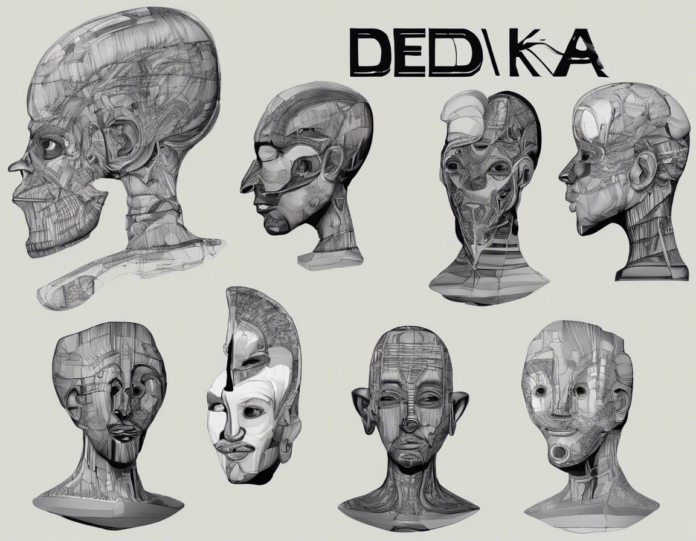Definition of DLED
DLED stands for Diploma in Elementary Education. It is a professional diploma course that focuses on developing the teaching skills and knowledge of aspiring elementary school teachers. DLED aims to prepare individuals for a career in teaching young learners in elementary schools.
Eligibility for DLED
The eligibility criteria for pursuing a DLED course may vary depending on the institute or university offering the program. However, the general eligibility criteria are as follows:
- Educational Qualifications: Candidates must have completed their 10+2 (or an equivalent) from a recognized board.
- Minimum Marks: Many institutes require candidates to have a minimum percentage in their 10+2 exams, typically around 50%.
- Age Limit: There may be an age limit for applying to the course, which can also vary from one institution to another.
Duration of DLED Course
The duration of a DLED course is typically two years, although it may vary depending on the institute. The course is designed to provide aspiring teachers with the necessary knowledge and skills to teach elementary school students effectively.
Courses in DLED
Diploma in Elementary Education programs generally cover a wide range of subjects and topics related to teaching methodologies, child psychology, classroom management, and pedagogy. Some of the common courses included in a DLED program are:
- Child Development and Pedagogy
- Educational Technology
- Teaching Learning Process
- School Management
- Language Proficiency
- Mathematics Education
- Environmental Studies
- Art and Craft Education
Benefits of Pursuing a DLED Course
- Career Opportunities: Completing a DLED course opens up various job opportunities in elementary schools, preschools, and other educational institutions.
- Skill Development: The course helps in developing essential teaching skills such as lesson planning, classroom management, and effective communication with students.
- Professional Growth: With a DLED qualification, individuals can advance their careers in the field of education and take on roles with higher responsibilities.
- Contribution to Society: By becoming a qualified elementary school teacher, individuals can make a significant impact on the lives of young learners and contribute to shaping the future generation.
Frequently Asked Questions About DLED
-
What is the difference between DLED and B. Ed.?
The main difference between DLED and B. Ed. is that DLED focuses on elementary education, while B. Ed. is a degree program that covers all levels of education. -
Can I pursue a DLED course through distance learning?
Yes, many institutes offer DLED courses through distance learning or online mode to provide flexibility to working professionals and students. -
Is the DLED course recognized by the government?
Yes, DLED courses offered by recognized institutes are approved by the National Council for Teacher Education (NCTE) and are considered valid for teaching positions in elementary schools. -
Are there any entrance exams for admission to a DLED course?
Some institutes may conduct entrance exams for admission to their DLED programs, while others may admit students based on merit in their 10+2 exams. -
Can I work as a teacher in elementary schools after completing a DLED course?
Yes, upon completing a DLED course and meeting any other specific requirements, individuals can work as teachers in elementary schools and educate young students. -
What are the job prospects after completing a DLED course?
Job opportunities for DLED graduates include elementary school teacher, preschool teacher, tutor, education consultant, curriculum developer, and more. -
Do I need to undergo practical training during a DLED course?
Yes, practical training, also known as teaching practice or internship, is an integral part of the DLED course to provide hands-on teaching experience. -
Are there any specializations available in DLED courses?
Some institutes offer specialization options in subjects such as Mathematics Education, Language Teaching, Special Education, or Environmental Education within the DLED program. -
Can I pursue further studies after completing a DLED course?
Yes, graduates of DLED can opt for higher education programs such as M. Ed. or pursue certifications in specialized areas of education to enhance their career prospects. -
What skills are crucial for success in a DLED course and teaching career?
Essential skills for DLED students and teachers include effective communication, patience, creativity, adaptability, classroom management, and a passion for teaching and learning.




